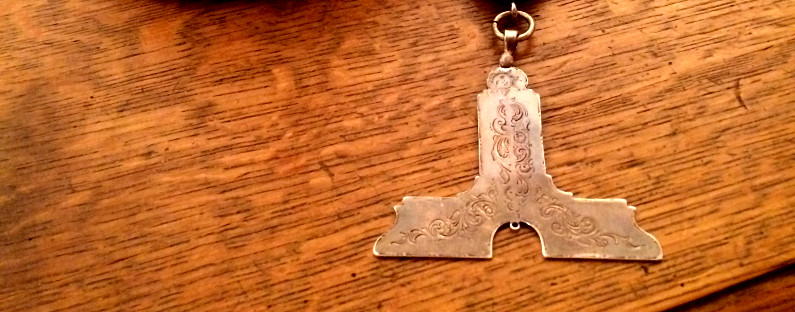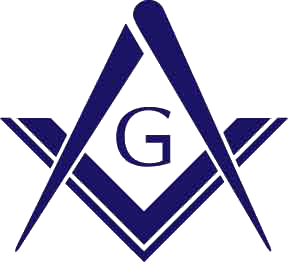 Think you know something pretty thoroughly? Try teaching that something and find out just how much you don’t know. The art of teaching goes beyond knowing the subject, it touches on empathy, psychology, environment, and even temperature, among others.
Think you know something pretty thoroughly? Try teaching that something and find out just how much you don’t know. The art of teaching goes beyond knowing the subject, it touches on empathy, psychology, environment, and even temperature, among others.
Lets start at the beginning of learning, way back when we were babies. We listened to everything around us trying to make any sense of this new world. Gradually, we imitated the sounds that got a reaction and learned the language of communication. That which responded well was good and that for which we received a reprimand felt bad.
Along the way of learning, the teacher begins feeling proud of the knowledge that he had worked so long to gain and anticipates the praise he will receive when passing along this knowledge. But something pops up, a question, and a proper response will take some sorting out, thinking what the alternatives are.
This knowledge he has needs the right language to express itself correctly, lots of thinking both ways as we decide. Then, we learn that in order for this knowledge to be received it has to be shaped just so or it will not be learned. How to shape? What is the language? Where will it fit? Is the moon bright enough? Oh, the question has given birth to so many more questions, what is the way? That is the teacher’s dilemma.
Now the baby has grown and knows a thing or two and is beginning to feel competent. He too wants praise for the knowledge he has learned but the chosen words are shaky and don’t quite say what he intended, may even be heard negatively. How did this become so different from what he intended. Let me blame the teacher, the environment, or the subject itself for failing me to communicate. Let me go back to my teacher and argue.
But the teacher says that what he worked so hard to teach is accurate, even knowing that some details had been left out for brevity and simplification. Now the teacher has to evaluate how he taught, the student alters what he’s learned, and the cycle goes on.
So you see how knowledge is subjective and learning is selective. It takes several rewrites to say the right thing. Knowledge is always changing, being redefined and expanding, as is learning.
You see the teacher is always learning as is the student and best of all, the tides turn and the student becomes the teacher.
Guy Chalmers,
Senior Warden


